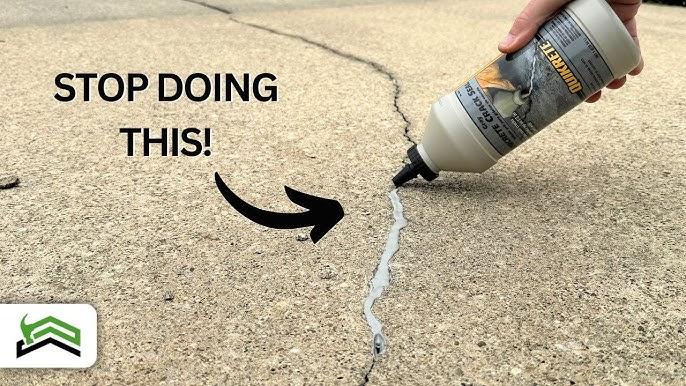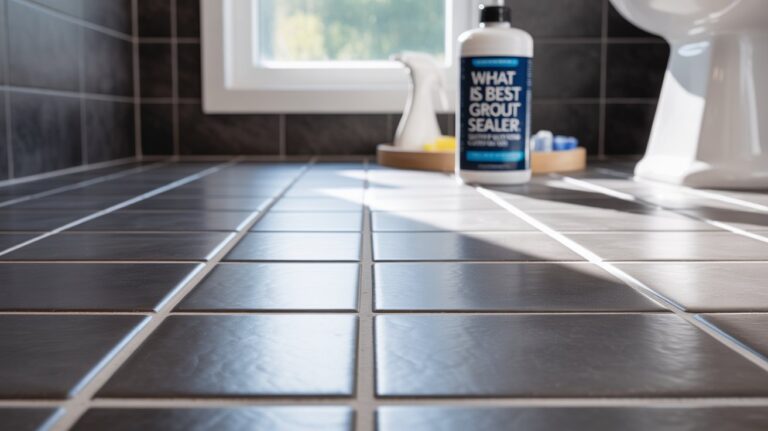Best Sealant for Head Bolts: Ultimate Leak-Proof Solutions!
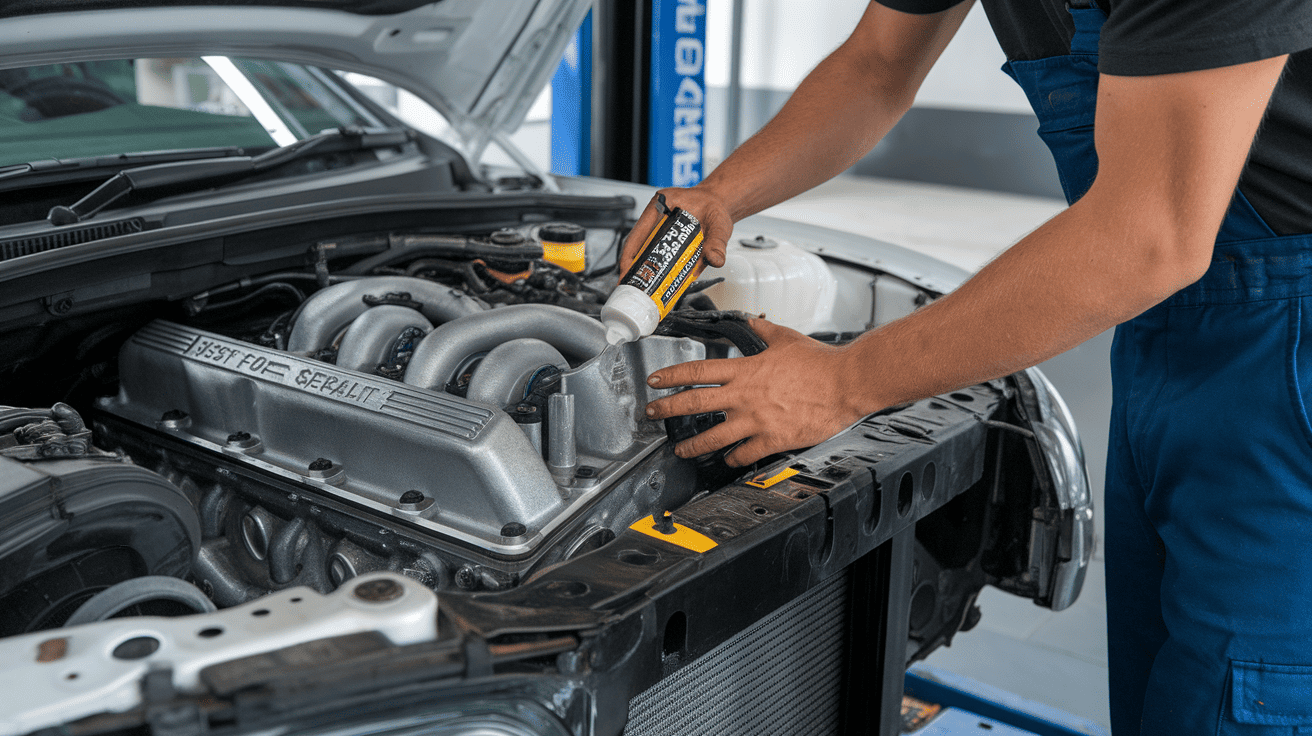
The best sealant for head bolts is a high-temperature thread sealant, such as Permatex High Performance Thread Sealant. This type of sealant is designed to withstand the intense heat and pressure found in engine environments.
Choosing the right sealant for head bolts is crucial for engine maintenance and repair. Head bolt sealants must cope with extreme conditions, including high temperatures and pressures, which are typical in the internal combustion environment. A product like Permatex High Performance Thread Sealant is often recommended by professionals for its durability and effectiveness in creating a reliable seal.
The proper application of such a sealant can prevent leakage, ensure even distribution of clamping forces, and facilitate future disassembly. Mechanics and DIY enthusiasts alike rely on these sealants for maintaining engine integrity and preventing coolant or oil leaks, which can lead to severe engine damage. Remember to always follow the manufacturer’s instructions for application and curing times to optimize the performance of the sealant.
Introduction To Head Bolt Sealants
When talking about engine maintenance, head bolt sealants are essential. The right sealant protects against leaks and ensures engine parts fit perfectly. Choosing the best sealant for head bolts can make all the difference in your vehicle’s performance and lifespan. Let’s dive into what makes these sealants so crucial.
The Importance Of A Reliable Sealant For Engine Longevity
In engines, every component counts. A reliable sealant offers a shield against coolant or oil leaks, which can damage an engine. It also withstands high temperatures and pressures.
Without a proper seal, engines may face issues like:
- Coolant loss, leading to overheating
- Oil contamination, harming other parts
- Decreased fuel efficiency and power
Using a high-quality sealant can prevent these problems. It helps maintain engine integrity and extends its service life.
Understanding The Role Of Head Bolts In Engine Performance
Head bolts are the unsung heroes of engine performance. They secure the cylinder head to the engine block. By clamping these two main parts, they maintain a critical seal.
| Function | Importance in Performance |
|---|---|
| Sealing | Prevents leaks and maintains compression. |
| Clamping | Keeps engine components tight and secure. |
Correct sealant application to head bolts enhances their performance. It ensures that engines run smoothly and reliably over time.
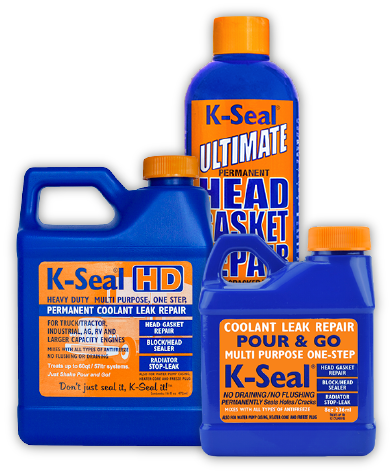
Credit: www.kseal.com
Types Of Head Bolt Sealants
Choosing the right sealant for head bolts is vital for engine performance and longevity. Head bolt sealants come in various types, each with unique properties and specific applications. Understanding these options ensures a leak-free and secure head gasket seal.
Anaerobic Sealants: Properties And When To Use Them
Anaerobic sealants cure in the absence of air. They are perfect for metal-on-metal connections. Use them to:
- Seal tightly fitted parts
- Prevent corrosion
- Resist high temperatures
- Lock threads securely
Ptfe-based Thread Sealants: Advantages And Limitations
PTFE-based thread sealants include Teflon to provide a tight seal. They work well for:
- Lubricating threads
- Resisting chemicals
But, they are not ideal for:
- Gap-filled connections
- Highly stressed areas
High Temperature Silicone Sealants: Suitability And Performance
High temperature silicone sealants withstand extreme heat. Choose these for:
- Engine parts exposed to high heat
- Flexible and waterproof sealing
- Long-term durability
Comparing Gasket Sealers And Thread Lockers For Head Bolts
| Gasket Sealers | Thread Lockers |
|---|---|
| Create perfect seals between mismatched surfaces | Prevent loosening from vibration |
| Flexible and can fill gaps | Lock threads without flexibility |
Selecting The Right Sealant For Your Engine
Finding the best sealant for head bolts is vital for engine performance. Proper sealing prevents leaks and ensures the longevity of your engine. This post guides you through selecting the perfect sealant, tailored to your engine’s needs.
Factors To Consider: Engine Type, Temperature, And Bolt Materials
- Engine Type: Determine if your engine is gasoline or diesel-powered, as each requires different sealant properties.
- Temperature: Check the typical operating temperature range of your engine; higher temperatures need sealants with strong heat resistance.
- Bolt Materials: Match the sealant to your bolt’s material – steel bolts may need a different sealant than those made of aluminum.
Application Tips For Optimal Seal And Prevention Of Leaks
Applying sealant correctly is essential for a leak-free engine. Use these tips for the best results:
- Clean the bolt threads and holes to remove dirt and old sealant for a better grip.
- Apply sealant evenly across the threads, covering them without over-applying.
- Wait for the correct “tack” time before installation, according to the sealant instructions.
The Impact Of Torque Settings On Sealant Performance
Correct torque settings are crucial for the sealant to perform well. Follow these guidelines:
- Refer to your vehicle’s manual for the right torque settings for head bolts.
- Avoid over-torquing, as it can squeeze out the sealant and ruin the seal.
- Under-torquing may result in gaps that allow leaks; ensure each bolt is tightened correctly.
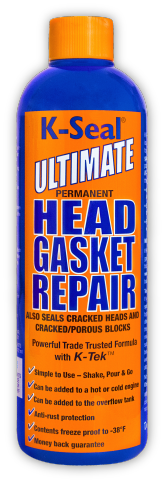
Credit: www.kseal.com
Top Recommended Head Bolt Sealants On The Market
When securing head bolts on an engine, the right sealant is crucial. Different engines have different needs. The market offers a range of head bolt sealants. Quality and cost vary, but options exist for every type of user. Below are some of the top sealants. Each is a champion in its own right.
Breaking Down The Best-reviewed Products For Different Engine Configurations
Diverse engines require bespoke solutions. Here’s a breakdown of products. Each matches specific engine configurations. Users rave about these for good reason.
- Permatex High-Performance Thread Sealant: Ideal for heavy-duty applications.
- Loctite 592 Thread Sealant: Works great on both petrol and diesel engines.
- J-B Weld 32329 Ultimate Silicone: A versatile pick for various engine types.
Budget-friendly Vs. Premium Sealants: Cost-effectiveness Analysis
A balance between cost and quality can be tricky. Here’s how budget sealants stack up against premium options.
| Sealant Type | Price Range | Longevity |
|---|---|---|
| Budget-friendly | Lower | May require more frequent application |
| Premium | Higher | Typically lasts longer, higher resistance |
User Experiences And Expert Recommendations
Real-world feedback and expert advice guide the best choices. Online forums and mechanic’s insights reveal favorites.
- Experts often lean towards known brands like Permatex and Loctite.
- Mechanics recommend reading manuals for specific sealant guidance.
- DIYers favor easy-to-apply sealants with minimal curing time.
- Online reviews highlight the importance of durability and compatibility.
Maintenance And Long-term Care
Every engine relies on the strength and seal of its head bolts. Proper maintenance ensures peak performance. Keep head bolts sealed well for a healthy engine. This section covers crucial maintenance and care strategies.
Regular Check-ups For Bolt Tightness And Sealant Integrity
Regular inspections are key in maintaining head bolt integrity. Follow these steps:
- Set a schedule for inspection based on your vehicle’s manual.
- Check bolt tightness with a torque wrench to match specs.
- Examine sealant condition for signs of wear or damage.
When To Reapply: Understanding The Lifespan Of Different Sealants
Sealants vary in durability. Know when to reapply:
| Sealant Type | Lifespan | Reapplication Interval |
|---|---|---|
| Non-hardening | 2 years | Check annually |
| Hardening | 5 years | Check every 3-4 years |
| High-temperature | Varies | Inspect with major services |
Troubleshooting Common Issues With Head Bolt Leaks
Spot leaks early to prevent damage. Look for these signs:
- Oil or coolant spots under the vehicle.
- Unexpected temperature changes in the engine.
- White smoke or a milky appearance in oil.
Upon finding leaks, act fast. Tighten bolts to specification. Reapply sealant if necessary. Consult a professional for persistent issues.
Final Thoughts And Best Practices
As we wrap up our discussion on the best sealants for head bolts, let us consolidate the essential insights and tips for a superior outcome. Head bolt sealants are crucial for a leak-free engine. Their right selection and application matter significantly.
Summarizing The Key Takeaways For Selecting And Applying Head Bolt Sealants
- Compatibility: Ensure the sealant matches your engine’s specifications.
- Resistance features: It should withstand high temperatures and pressures.
- Curing time: Quick-set options can save time but ensure a full cure before use.
- Application method: Even coverage on threads is vital for a seal without leaks.
Remember, using the correct sealant will save time and money.
Encouraging Proactive Prevention Over Reactive Maintenance
Prevent engine issues with regular checks. Use quality sealants for head bolts during assembly. This approach helps avoid costly repairs. Keep engines running smoothly with this preventive strategy.
Further Reading And Resources For Engine Enthusiasts
Explore more about head bolts and engine care:
- Online forums share experiences and tips.
- Manufacturer’s manuals offer specific guidance.
- Automotive blogs provide up-to-date reviews on sealants.
Knowledge is power. Stay informed with reliable sources for engine maintenance.
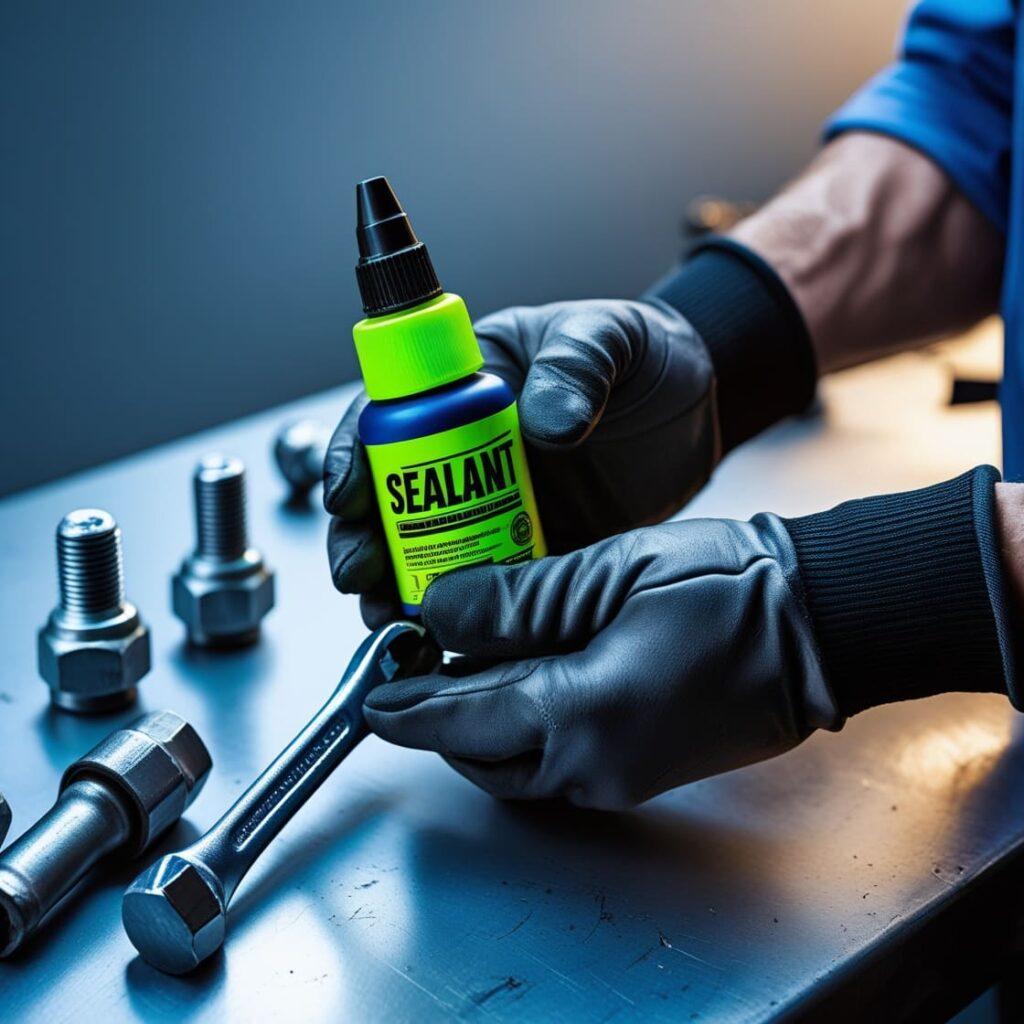
Frequently Asked Questions Of Best Sealant For Head Bolts
Should I Put Anything On Head Bolts?
Apply a thin layer of engine oil or thread sealant to head bolts if the manufacturer recommends it. Always consult the service manual for specific instructions related to your vehicle’s head bolts.
What Do You Seal Head Studs With?
Seal head studs with a thread sealant designed for high temperatures, such as PTFE-based products or copper-based compounds, ensuring a leak-free and secure seal.
Can You Use Permatex Thread Sealant On Head Bolts?
Permatex thread sealant is not recommended for head bolts due to the need for bolts to achieve proper clamping force without interference from sealants. Use specific head bolt sealants or follow the manufacturer’s guidelines.
Should I Put Loctite On My Head Bolts?
Always follow the manufacturer’s recommendations for using Loctite on head bolts. If unsure, consult a professional mechanic or the vehicle’s service manual for specific guidance.
What Is The Best Sealant For Head Bolts?
Head bolts require a reliable sealant such as anaerobic gasket makers or PTFE-based thread sealants, which resist high pressures and temperatures typically found in engine environments.
Conclusion
Selecting the right sealant for your head bolts is crucial for engine performance. Ensure compatibility with your vehicle’s specifications and consider factors such as temperature resistance and curing time. A top-quality sealant prevents leaks, securing your engine’s integrity. Trust in expert recommendations and user reviews to make an informed choice, safeguarding your vehicle for the long haul.

I am Robert Sandin, a professional sealing expert with a diverse range of expertise. From concrete to various other materials, I possess in-depth knowledge and experience in the art of sealing. On my website, I offer valuable tips and expert recommendations on sealing techniques and products for different materials. Whether it’s concrete, wood, metal, or more, I am committed to providing you with the guidance you need for successful sealing projects.


